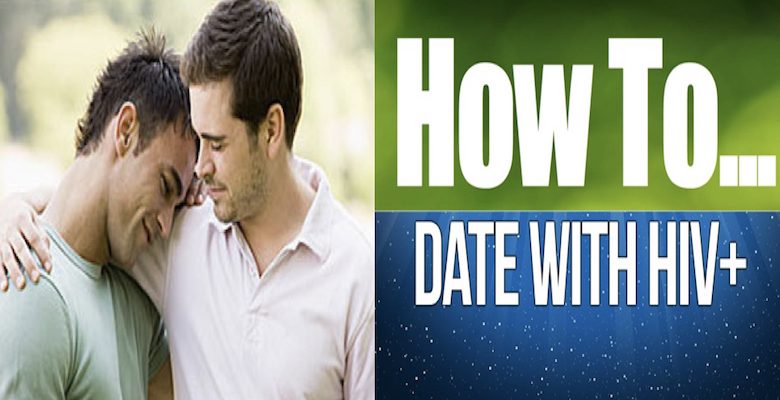
HIV Positive And Dating – Then And Now
Thirty years ago, a diagnosis of HIV Positive was virtually a death sentence accompanied by a social stigma that a potential dating partner wouldn’t touch with a 10-foot pole. Nowadays, times have (somewhat) changed.
Lifestyle
In recognition of National Gay Men HIV/AIDS Awareness Day, the CDC declared that “people who take ART [Antiretroviral drugs] daily as prescribed and achieve and maintain an undetectable viral load have effectively no risk of sexually transmitting the virus to an HIV-negative partner.” To clarify, almost everyone with HIV on a modern HIV drug poses no danger of infecting his partner, even if he has sex without a condom or he’s not using PrEP [Pre-exposure prophylaxis].
Thankfully, ART and PrEP have each been instrumental in reducing the risk of transmitting the virus and alleviating the fears that frequently accompanied a diagnosis. This means that the life expectancy of those who are HIV Positive has wildly improved and their social expectancy of being able to live a normal way of life has greatly increased. However, for a younger generation living with HIV, stigma still comes into play when disclosing their status to potential sex and dating partners.
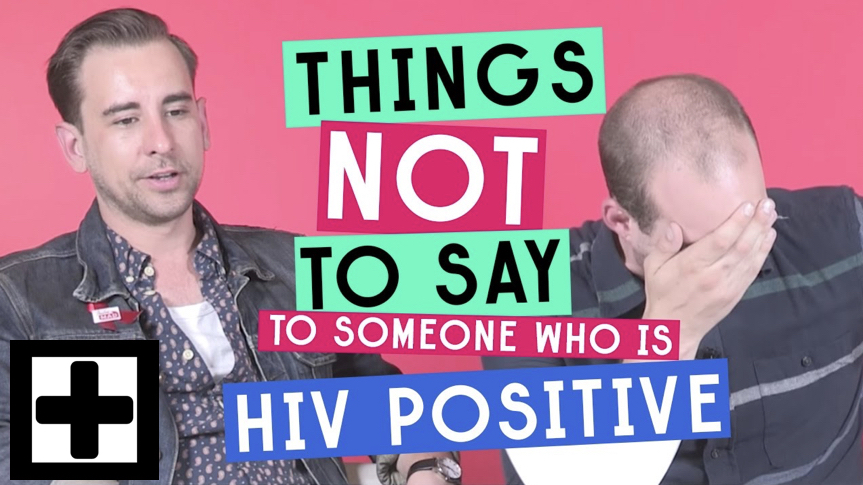
Orren Plaut is the executive director of The Thrive Tribe Foundation, an LA-based social network for gay and bisexual men designed to eliminate negative stereotypes surrounding HIV. He recently staged a potluck/discussion night for a group of men in Los Angeles who gathered to fight the persistent stigma enemy.
“People use the word ‘clean’ to represent ‘negative,’ and it happens all the time,” Plout said.
“It’s like, yes I shower,” another member added with an eye roll.
Most of the men who gathered for the potluck were in their 20s and 30s and too young to remember the height of the HIV and AIDS epidemic in the US during the 1980’s. Although medical advances are responsible for turning the virus into a manageable chronic disease, modern medicine has been unable to completely eradicate the stigma that comes with it.
“It never feels good to get rejected,” said Chris Villalobos, a 29-year-old single male who was diagnosed with HIV at age 24.
“I don’t want a conversation to start with ‘How’d you get infected?’ and, ‘Were you dating a guy? Or were you just [having casual sex]’?'”he continued. “That person wasn’t meant to be in my life, because I’m a f*cking fantastic person, and they are missing out at this point.”
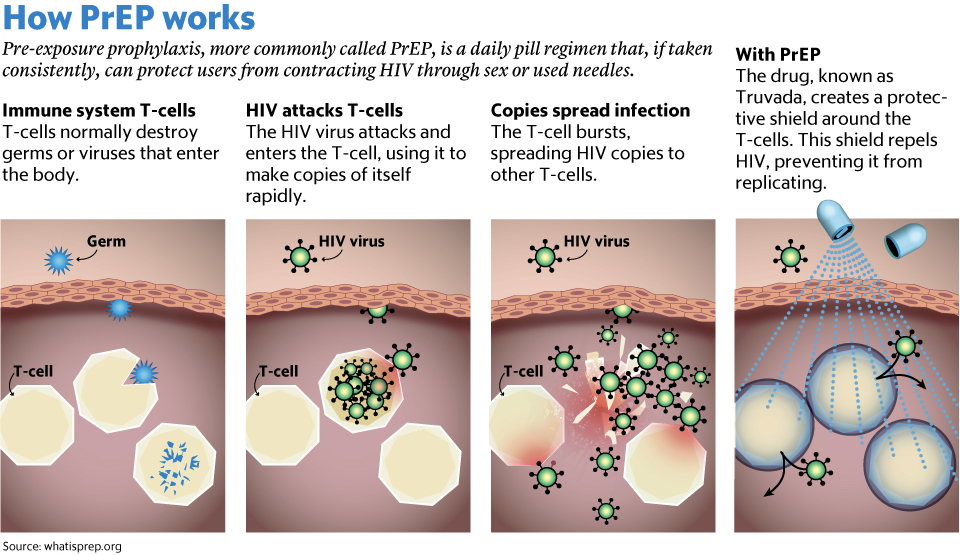
Lifestyle
However, not everyone has experienced a negative reaction toward their HIV Positive diagnosis. Interestingly, the rules have been different for homosexuals and heterosexuals.
Nestor Rogel is a 27-year-old straight male who was born with HIV and has never known a dating life without the virus. For him, he has always been eager to get the disclosure conversation out of the way right from the start.
“If someone is willing to leave just because of this, they’re not the right person for me,” he said.
Once, Rogel took a girlfriend he had been dating for 2 weeks to meet his doctor, where she had the opportunity to ask questions and get information on his specific health and any risk of transmitting the virus. They ended up dating long-term.
Now single again, Rogel has the letters and symbol “HIV +” tattooed on his forearm as a way of making a statement and being what he calls “unapologetically positive.”
“‘Human’ is the first word in ‘HIV,'” he pointed out in reference to the acronym for the virus, “but your humanity is first to get taken away.”
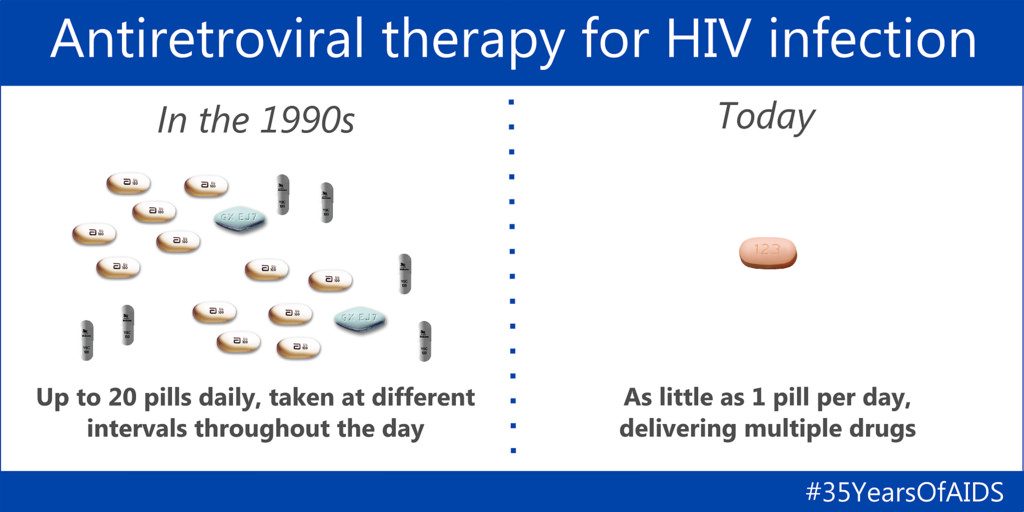
As for Chris Villalobos, he has started combatting stigmatization with education and turning conversations on dating/hookup apps such as Grindr into teachable moments.
“HIV, this is one of the best things that’s ever happened to me,” he said. “It was that wake-up moment when I said, ‘Okay, let’s do something. Let’s go and live. Let’s actually make a difference’.”

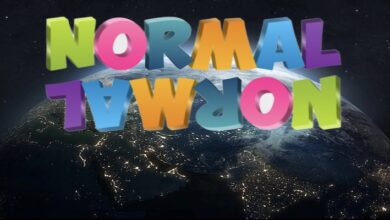
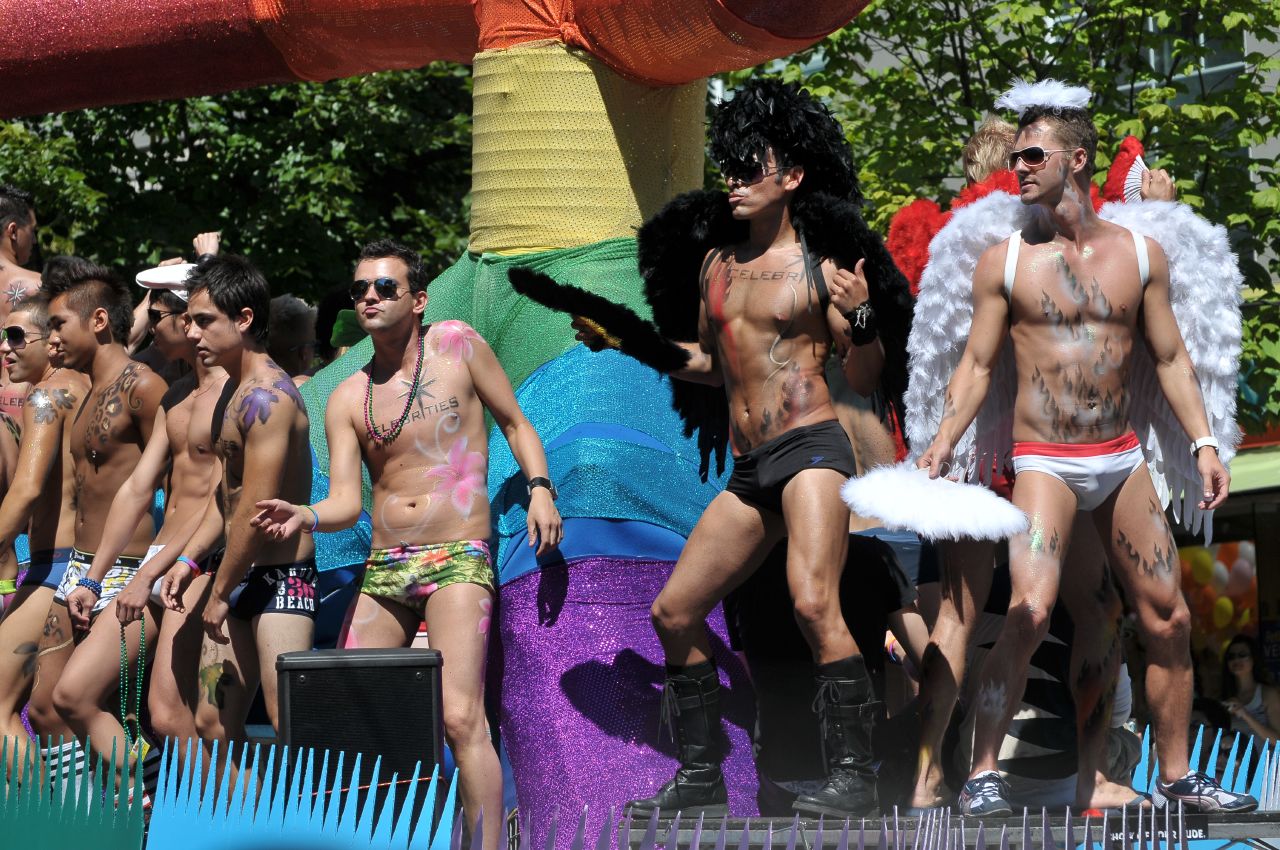
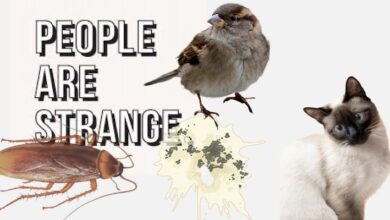
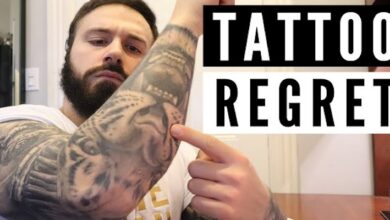

Ok DJ you are on a roll this week. Another interesting topic. I have a childhood friend who is positive and it was interesting how people reacted to him over the years. A long time ago nobody wanted to drink anything behind him then today he is suppressed which means the virus can’t be found inside him anymore. But even today a lot of people are still scared of it because they don’t understand it. I think they guy who said people saying the word clean was rude had a good point.
It’s true. The advances in medications that effectively treat HIV are having an incredible impact on the lives of so many people living with that virus.
I have a male cousin who is gay. We grew up together. He was diagnosed in 1999 but he kept it a secret from me for nearly 2 yrs fearing how I would react. Thanks to the medicine he looks like the picture of health. He says he feels fine. But he’s also shared with me that he still finds it (the stigma) quite challenging at times especially when exploring the possibility of a new relationship.
Black-Americans certainly know, We have more “taboo” health-related issues in Our community than any community should ever have; each “issue” carrying a “stigma” associated with it – be it HIV, Mental illness, Sickle Cell Disease, Cancer…just to name a few. But I digress.
When it comes to HIV (or any other serious health-related illness), Education and Communication are vital to increasing one’s knowledge and understanding of said illness. As a society I think some progress has been achieved in how We generally view those who are HIV Positive. But we still have a long way to go.
Notwithstanding medicinal advances, unless they soon find a universal cure for HIV, I expect the stigma associated with being HIV Positive will remain with us quite awhile longer.
On a sidenote…………
Not nearly enough psychosocial or other research has been conducted in the gay Black female (GBF) community. The most recent works I could find are few and far between. See example below.
As a gay Black female (never liked the term “lesbian” ) I know for a fact, that we DO exist. But in many ways we are SO invisible, which IMO, has led to problems on top of problems for many if not most GBFs.
I can’t even imagine what life is like for many GBFs who are diagnosed as HIV Positive. GBFs, in particular, are very often hard-pressed to find the kind of support groups and other services that are available to gay males (Black and White) and gay white females. It breaks my heart, really.
“Invisible Families: Gay Identities, Relationships, and Motherhood among Black Women”
by Mignon R. Moore, 2011
Very good point, Truthiz1. Thanks for sharing your side of this deeply important issue.
– DJ